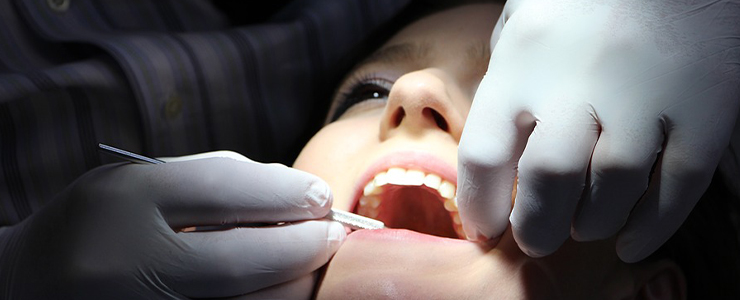Some people consider a packet of chewing gum an essential component of the handbag or pocket, while others find the sight of others chewing gum somewhat annoying. But what’s the science behind gum? Is it good for your teeth or are there hidden issues we should be aware of? Here at Bristol dentist CK Dental, we have set to work myth-busting the humble gum.
Important to check the ingredients
All gum is flavoured, whether this is minty and fresh or the more exotic flavours typically associated with bubble gum, but it is the nature of these flavourings that we need to keep an eye on.
If the flavouring contains sugars then you need to be careful as this will put your mouth at risk. Not only will you be exposing your teeth to sugars, acids and other harmful substances at meal times, if you chew sugared gum between meals then this is prolonging your teeth to sugar exposure throughout the day. The sugar in gum essentially feeds bacteria that live within the mouth, enabling it to thrive. This will in time cause damage to your teeth and gums.
And gum without the sugar?
Sugar-free gum is different though, in fact, the Oral Health Foundation suggests if it is not possible to brush your teeth between meals then chewing sugar-free gum once you have eaten can be beneficial for your teeth and gums. “Your teeth are more at risk of acid attack after you have eaten. The acid is produced by plaque bacteria, and the sugars in our food and drink, and it slowly dissolves away the enamel and dentine of the tooth, to produce a hole or ‘cavity’.
The actual process of chewing gum actually causes the mouth to produce more saliva which helps it wash away the harmful bacteria that can grow within the mouth. Not only that, some artificial sweeteners have been found to prevent tooth decay, so far from causing damage to your teeth, they are actually helping it: “Studies have found that chewing gums sweetened with the sugar alcohol xylitol are more effective than other sugar-free gums at preventing tooth decay. This is because xylitol prevents the growth of the bacteria that cause tooth decay and bad breath.”
So, there you have it. Sugar-free gum can bring real benefits to your mouth if chewed in moderation between meals. Gum that contains sugars should be avoided, as this can lead to tooth decay or gum disease.














